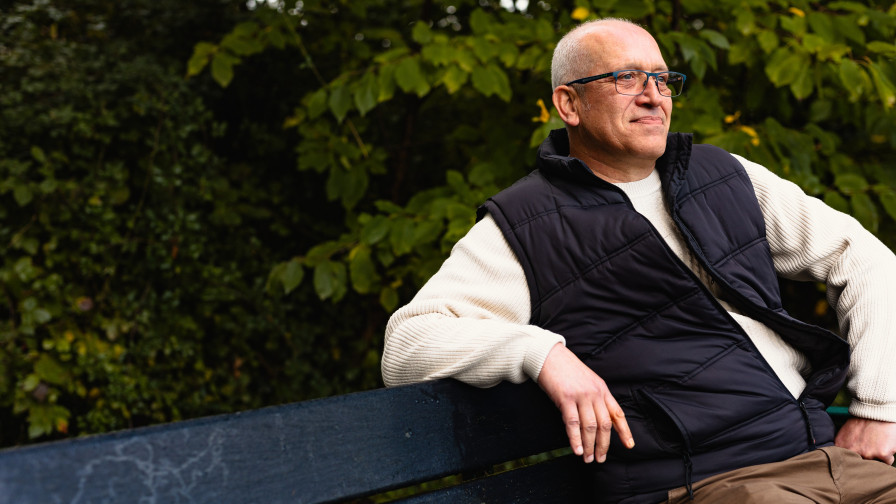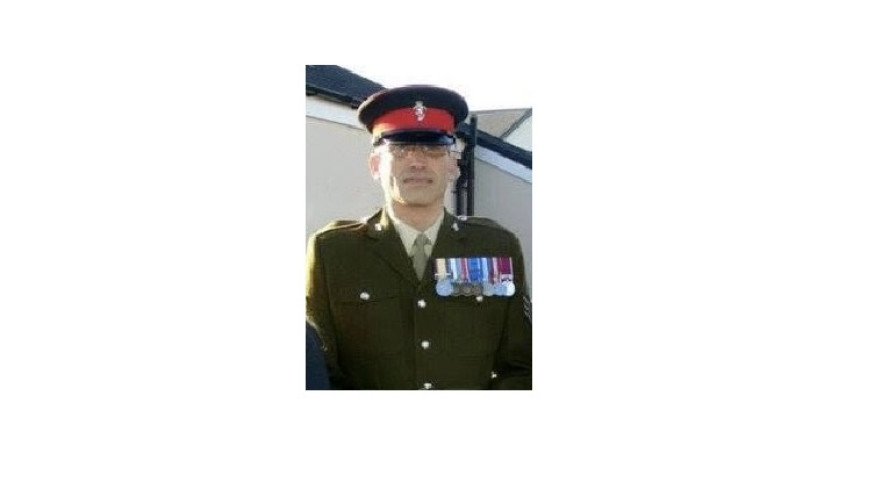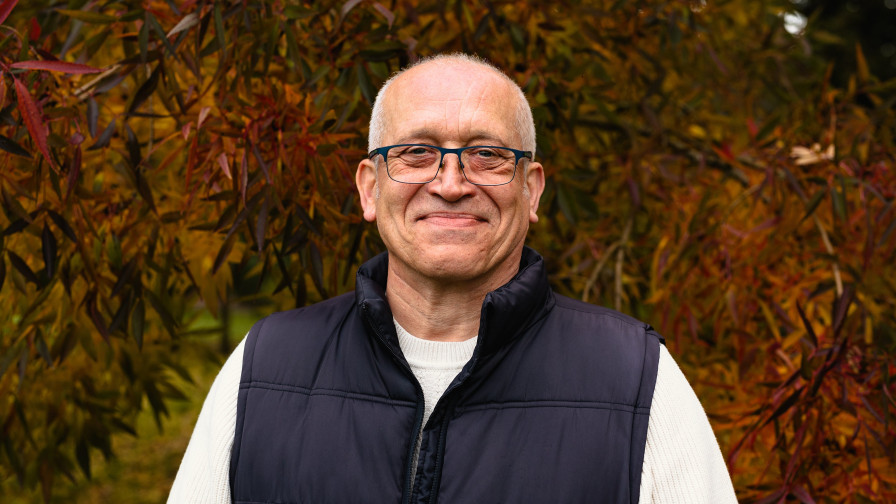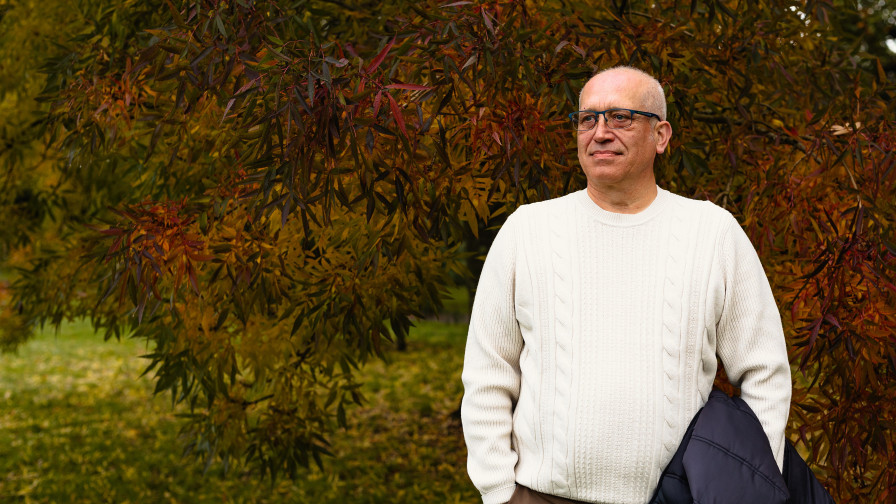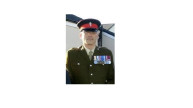Simon's Story
“Thanks to Combat Stress I have memories, not nightmares.”
With a father and brother in the military, Simon felt the Army was the natural place to go. Aged 17, he joined the Royal Electrical and Mechanical Engineers (REME), where he spent the next 25 years of his life.
“It was challenging but enjoyable,” he says. “There was a sense of family in the Army, as well as the fact that your family were looked after too. It was a relief when I was away, I’d get blueys from my family and they were always being encouraged to join in with Army-organised activities, which was good.”
Simon completed five operational tours, including to the first Gulf War, Cyprus and three to Bosnia. “I saw a lot of things in Bosnia that weren’t the nicest,” he says. “One of my tours was as part of a UN peacekeeping force. We couldn't do anything and were helpless basically. And then, during my third tour of Bosnia in 1998 I was attached to the Army Air Corps and I witnessed my most traumatic experience.”
The trauma Simon experienced during his service didn’t affect him to begin with. “To us it was the norm,” he says. “OK, things happened, but it was the usual ‘here, have a beer. Get over it. Tomorrow's another day’.”
Simon carried on in the Army and left in 2013 after 25 years’ service. He found it took time to find a job once back on Civvy Street, but thanks to his previous experience found a role in logistics. A few years after leaving the Army he started to sleep badly and have nightmares, but pushed away any suggestion that it might be related to his military service.
“I was in total denial of it,” he says. “If you’d said to me last year that I had PTSD I’d have laughed at you. To me, having four hours’ sleep was the norm. I’d wake up hot and sweaty knowing exactly why I’d woken up because those memories were seared in my mind. They’d been on constant replay for God knows how many years. I used to sit in the office at work with my headphones on - a lot of people thought I was just ignoring them, but it was the only thing I could do to drown out everything in my head.”
Simon was still holding down a pressurised job and appeared to be functioning. However, those around him both at home and at work knew something wasn’t right and things escalated when his workload trebled in 2023. “My wife knew something was wrong but didn't know what,” he says. “In February 2024 it got to the point where the cage I’d stuffed my memories in burst open and wouldn’t close again. My wife said I needed to get some help.”
Simon searched online and found our details, so a few weeks later called our Helpline. “It was the best thing I ever did,” he says. “I was still in denial about what was wrong, but so relieved that someone was going to try to help me.”
Simon started treatment in April 2024, beginning with Cope Better with PTSD sessions to help him to understand his PTSD. Soon after he took part in our first ever online intensive treatment programme, which involved a preparatory phase, a two-week intensive treatment phase and then a post treatment phase. “It was good - it was all over videocall and it was an intensive two weeks,” he says. “My first sessions with a psychologist were hard. We explored the cause of my trauma and I felt broken.
“But then she superglued me back together in such a way that when we then started going through the same process about my second traumatic experience, I could talk about it with no problems at all. It did what it was meant to do and filed everything correctly in my brain - they’re now memories, not nightmares.”
Simon says the fact that his intensive treatment was solely online was a big part of its success. “I’m so glad I did the online course, it was definitely better for me that way,” he says. “When you have the evening time with the nurses or other veterans for example, I just wouldn’t have wanted to do that face to face as I’m not a big one for talking about my emotions, so they wouldn’t have got anything out of me that way.”
Simon has now completed treatment and says he’s much happier. “My wife and daughters have noticed a big change in me,” he says. “Before, if I had to go shopping, I could tell you where every exit was and the quickest way to get there to get my family out. I was constantly people watching to see what their next move was – I couldn’t tell you what was in any aisle, all I wanted was to get out. Now, it’s not a problem and I’ll actually say, ‘let’s go down this aisle’.
“The team at Combat Stress are lifesavers. If I hadn't called the Helpline, I don't know where I'd be at the moment.
“I don’t know how to thank Combat Stress; even if I won the EuroMillions it wouldn’t be enough.”
September 2024

